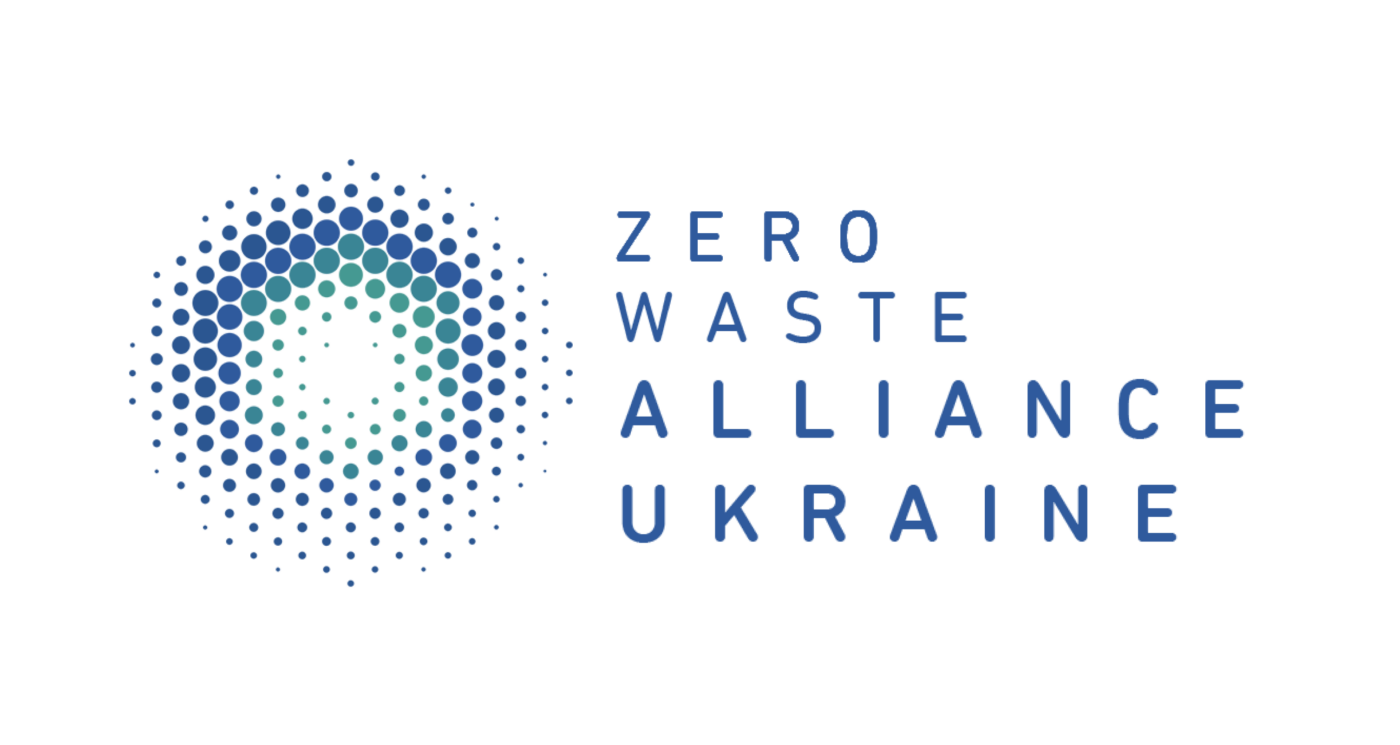Zero Waste — is a movement that brings together municipalities, international organisations, local initiatives and individual activists to gradually reduce waste.
The main goal of Zero Waste is to move towards a circular economy, where what is commonly referred to as waste becomes a valuable resource for further reuse, recycling and production of new goods.
To achieve this goal, Zero Waste Europe has established a waste and resource management mechanism.
Below, we will introduce you to options for implementing Zero Wasre principles in three areas:
There are only 5 simple steps to be taken on the way to preserving natural resources and reducing the burden on our planet’s ecosystem.
 Refuse
Refuse
Refuse excessive consumption, conscious reduction of waste, and rational use of resources and energy sources both in private households and at the level of multinational corporations.
 Reduce
Reduce
Reducing the use of resources at all stages of production and in everyday life. Minimizing the carbon and water footprint of enterprises and households. Reducing toxic pollution of the environment.
 Reuse
Reuse
Reuse of all suitable resources and preparation for further use of residues resulting from production. Extending the life cycle of goods, including through repair and modernization. Implementation of recovery technologies to reuse raw materials in further production cycles.
Recycle
Separate collection of all types of resources for further processing, reuse or disposal that is safe for human health and the environment. Avoiding burning of waste, eliminating unauthorized landfills, using purification filters and complying with environmental standards in the waste disposal process.
Rot
Extensive system of separate collection of biowaste with further use as fertilizers in agriculture.
ZERO WASTE IN CITIES
Zero Waste Cities is a program of Zero Waste Europe aimed at helping cities and communities move towards zero waste. It brings together European knowledge platform for local communities and organizations to implement best practices, as well as a mentoring and recognition program for municipalities. Zero Waste Cities is jointly managed by the international organization Zero Waste Europe and its member organizations.
The goal of the program is to accelerate the transition to zero waste at the city level – especially in small and medium-sized municipalities – by implementing relevant EU legislation and zero waste strategies based on citizen-centered models. This will lead to a significant reduction in waste generation and an increase in separate collection and recycling.
Zero waste candidate city Certified zero waste city Infographic of zero waste citiesThe Zero Waste Cities programme is actively involved in a number of different projects across Europe and contributes to the creation of educational resources on the implementation of zero waste and the dissemination of best practices to accelerate the transition to this strategy at the local level.
As part of the Zero Waste Alliance Ukraine programme, it has launched the Zero Waste City online tool, which contains a wealth of information on city infrastructure, international experience in waste prevention and collection, and practical advice for communities and initiative groups.
ZERO WASTE IN BUSINESSES
Zero Waste principles for manufacturing companies and business structures:
- Use raw materials made from recycled materials. If new extraction is necessary, give preference to raw materials from regenerative sources. The transition of enterprises to zero waste will reduce the amount of landfills and incinerated waste by 90%.
- Promote the transition from a linear to a circular production system and maximise the use of residuals and recycled materials.
- Avoid creating waste during and after the production process.
- Include energy consumption and waste management in your production optimisation calculations whenever possible.
- Apply eco-design and reduce the pollution and waste generated during the life cycle of your product.
- Shift the focus from the productivity of your employees to the productivity of your production resources.
ZERO WASTE IN PERSONAL LIFE
Zero Waste principles for reducing waste in the home:
Step one: Refuse
Conscious consumption and refusing to make unnecessary purchases is the first step towards reducing waste. Plastic packaging is an unnecessary thing that surrounds us everywhere. Spend your money on quality and really necessary things that will last you a long time.
Simple things that will reduce the amount of rubbish on the planet:
- A cloth shopping bag instead of plastic bags
- Eco-bags for goods by weight instead of dozens of sachets
- A handy lunch box instead of a lunch in disposable containers
- Your own water bottle instead of a lot of plastic ones from the store
- A coffee mug instead of disposable tableware
Step two: Reduce
Less stuff means less waste. Less wasted resources means more use. Choose essentials and household items and avoid secondary and unnecessary items. Some kitchen appliances can be borrowed and some unnecessary items can be donated. If you are not sure about your choice of cosmetics, use trial samples. Gradually, you will realise what is really necessary and important to you.
Step three: Reuse
Choose quality products made from recyclable materials. You can often exchange or find the things you need for free. And this is not about poverty. It’s about conscious environmental thinking and refusing to consume for the sake of consumption.
Step four: Recycle
Recycling alone cannot solve the problem of waste, but it is an important part of caring for the environment when it comes to unavoidable waste. Correct sorting is an essential step for further recycling. More and more containers for separete collection are now available – take advantage of them.
Step five: Rot – Composting
Organic waste and food scraps can be easily converted into fertiliser with a home compost. It is easy to set up even in a city apartment and then fertilise plants in the house flower garden or pots. Residents of large cities can install a dispenser under the kitchen sink to grind organic waste before it goes down the drain.


 Українська
Українська
 Refuse
Refuse Reduce
Reduce Reuse
Reuse
